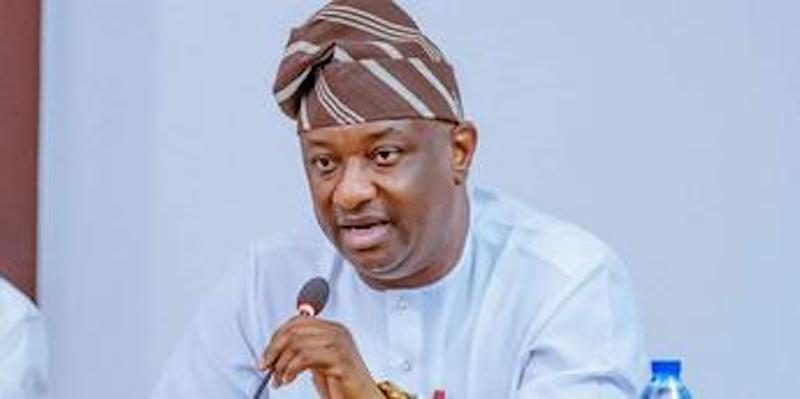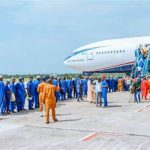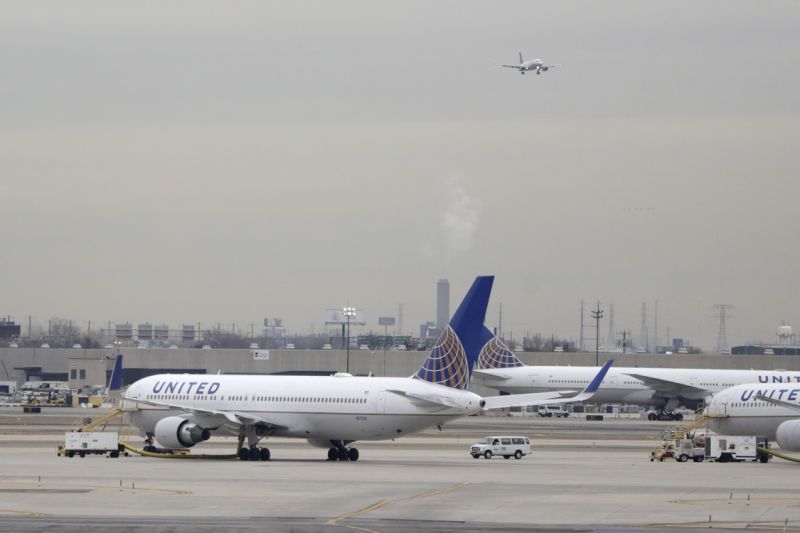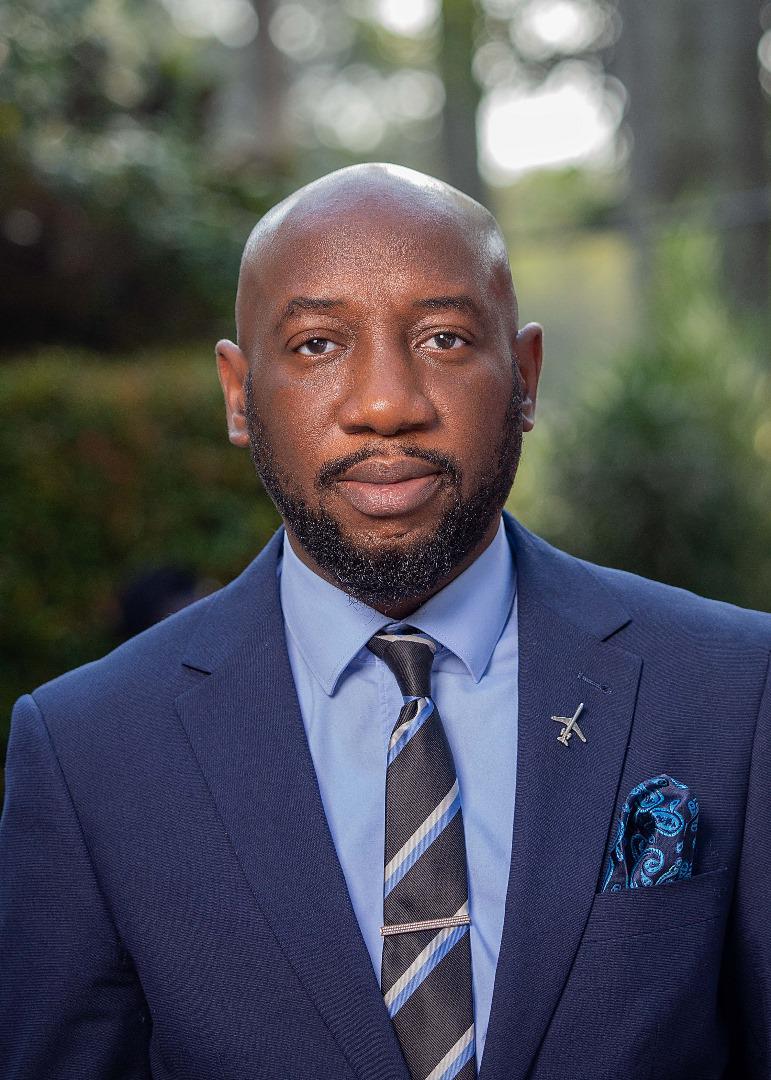
As Nigeria gets set to receive its first dry lease aircraft after over 10 years of operating wet leasing, aviation experts have identified some of the benefits of migrating from wet leasing of aircraft to dry leasing.
According to them, dry leasing operation will boost capacity, cut down on air fares, and also reduce capital flight.
The development is sequel to the effort of the Minister of Aviation and Aerospace Development, Festus Keyamo, who through legal processes and the federal government policy, rekindled relationship between Nigeria and international lessors.
Airlines acquire aircraft in two major ways: through outright purchase, which is capital intensive or leasing of the equipment. Leasing is divided into major ways with some other agreements in-between: dry lease and wet lease.
A dry lease in aviation refers to an arrangement where an aircraft is leased to another party without any crew or additional services provided by the lessor. In this type of lease, a lessee (the party leasing the aircraft, the airline), assumes full responsibility for the operational aspects, including hiring the flight crew, maintenance of the aircraft and insurance payments. The airline assumes ownership of the aircraft until the termination of the lease agreement.
But wet leasing is a lease agreement in aviation when a lessor provides a fully operational aircraft, while the lessee utilizes it under its own branding and flight numbers. Wet lease is also known as Air, Crew, Maintenance and Insurance (ACMI). The idea behind it is to meet unexpected short term needs or increase seasonal capacity without buying and staffing new aircraft. It is similar to the wet leasing Nigerian airlines do towards the Yuletide season, which is the highest season in flight operations in Nigeria.
According to Aersale (aersale.com), aircraft maintenance and service company, aircraft leasing saves operators the financial overhead of purchasing costly assets.
Wet leasing is very costly type of leasing whereby the airline makes huge monthly payment to the lessor, takes care of the crew. In Nigeria, the crew, both cockpit and cabin, is expatriate, which increases expatriate quota and also increases forex payments.
The Managing Director and CEO of Aero Contractors Limited, Captain Ado Sanusi, spoke about the benefits of dry lease in a telephone interview with THISDAY on Wednesday.
According to him, dry lease benefits the lessee because it enhances capacity building, as the airline will use its own cockpit, cabin crew, engineers and conducts its own maintenance; so, it enhances technology transfer. In that way, it enables it conserve foreign exchange, cuts down on capital flight and because airlines pay less at a time on dry lease compared to wet lease, it helps to cut down fares.
“The rate is lower than in wet lease. It gives an airline the chance to survive, to make more profits and opens opportunities for more leases. It stabilises the operations of the airline because dry leasing takes a longer time, from five to seven years and it allows airlines to plan. They know when to go for checks. It makes airlines to be fiscally disciplined and enables them to engage in maintenance reserve. The airline puts away money for major check. It keeps money aside for landing gear, airframe, Axillary Power Unit (APU), engines for overhaul. The airline may not be able to exercise the same discipline if it is operating its own aircraft. So, it makes the airline to be financially disciplined and dry lease frees up cash,” he said.
The President of Topbrass Aviation Limited, Captain Roland Iyayi, spoke in the same vein. He told THISDAY that dry leasing would free initial capital outlay because the cost is far reduced than in wet lease.
“You will be able to operate with your own crew. It improves operation standard because you use your own crew and it enhances efficiency, safety standards because you are optimising your crew that you will keep aside in wet lease, while at the same time be paying them,” he said.
The Managing Director of Flights and Logistics Solutions Limited, Amos Akpan, spoke extensively with THISDAY on the gains of dry leasing of aircraft by Nigerian airlines after a long hiatus.
“It is very good news that the efforts of the current honourable minister of aviation and aerospace development has successfully brought Nigeria airlines back to being able to access dry lease of aircraft. To appreciate the gains of this restored status, we should know that Nigerian airline operators have had to wet lease aircraft for the past 18 years to fill in the low capacity gap created by depleted fleet. The market said: if you don’t want wet lease, then you out rightly purchase. The Nigerian financial system has had little or no accommodation to lend money to airlines on terms that could tolerate their thin profit margin, long-term route development program, rising cost of operations and scarce foreign currency allocations for spare parts,” Akpan said.
He explained that in wet lease the lessee, being the Nigerian airline, pays for the aircraft, the crew, the maintenance, and the insurance to the lessor, being the owner of the aircraft, at an agreed hourly rate and a minimum guaranteed utilisation per month. According to him, in a dry lease, the lessee only pays for the aircraft at a rate agreed by both parties, the lessor and the lessee, per month.
“Because it is less expensive to acquire aircraft by dry lease, Nigerian airlines will now be able to get more aircraft and increase their fleet. Nigerian airlines can now channel more money to build capacity and develop maintenance, operations, human resources and routes,” Akpan further said.
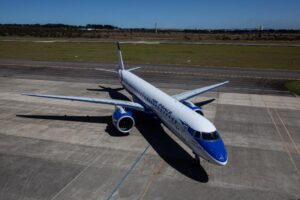
He also explained that dry lease maybe preferred to outright purchase and wet lease because of financial complexities in Nigeria, noting that capital funding is expensive in Nigeria.
“Often, when an organisation gets funds from the international institutions for local operations, a local bank will still guarantee collections and repayments to the international financial institution. The local bank will add their charges and rates still making it higher than rate obtained from the international financial institution. Financing, scarce foreign currency allocations, and limited maintenance capacity are drags to smooth commercial aircraft when it is hundred percent owned by the Nigerian airline. It is not smooth to get spare parts delivered from suppliers on time. It is not smooth to carry out certain category of maintenance in Nigeria for now,” Akpan added.
Akpan also observed that in the dry lease agreement, the Lessor, being owner of aircraft, retains title and value; while the Lessee, being the Nigerian airline, has operational control, maintenance control and registration of aircraft in the civil aviation register.
On the creation of friendlier regime in the aviation industry by the minister, Akpan said the minister should continue to liaise with Airline Operators of Nigeria.


